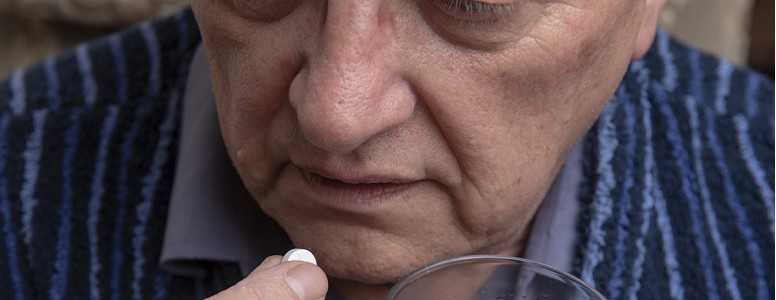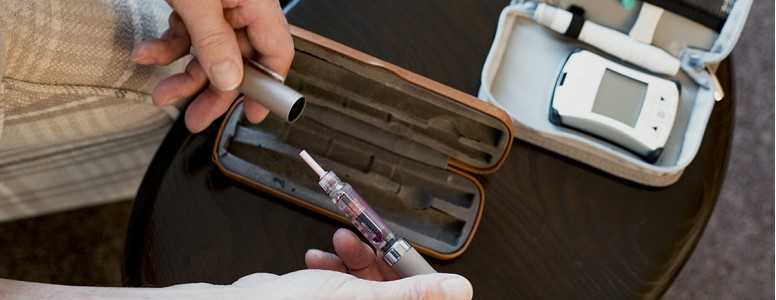A diabetes drug has been fast-tracked through official channels so it can be made immediately available in the US to help reduce deadly heart attacks.
The US Food and Drug Administration (FDA) has given official approval for dapagliflozi, which is marketed as Forxiga and Farxiga, and produced by pharmaceutical company AstraZenecan, to be accessible for people with heart failure.
The FDA has a thorough process it must follow before new drugs can come to market, which can sometimes be cumbersome. However, the organisation will fast-track new treatments for serious conditions where there is an unmet need.
Forxiga is an SGLT2 inhibitor drug that works by allowing the kidneys to release more glucose through the urine. It is usually given to people with type 2 diabetes.
The FDA grant came after AstraZeneca reported positive results in a trial of patients with heart failure with reduced ejection fraction (HFrEF) and heart failure with preserved ejection fraction (HFpEF). They reported that Forxiga had reduced both cardiovascular death and worsening of heart failure in this trial.
Mene Pangalos, Executive Vice President, BioPharmaceuticals R&D, said: “Heart failure affects approximately 64 million people worldwide, and about half will die within five years of diagnosis.
“This Fast Track designation for Farxiga brings us closer to fulfilling our ambition to help prevent, treat and cure heart failure, and we look forward to working with the FDA to explore Farxiga as a potential new treatment option for heart failure patients.”
Farxiga is a first-in-class, oral once-daily SGLT2 inhibitor given to people with type 2 diabetes to improve their glycaemic control. It is recommended the drug is taken in addition with exercise and healthy eating, which will help with weight loss and blood pressure reduction.
In the UK, the drug was recently recommended by the National Institute for Health and Care Excellence (NICE) for use in type 1 diabetes. However, the FDA has rejected it for use in type 1 diabetes in the US.
The drug has been involved in 35 clinical trials so far, with some studies continuing to test its potential for use in other health conditions.






